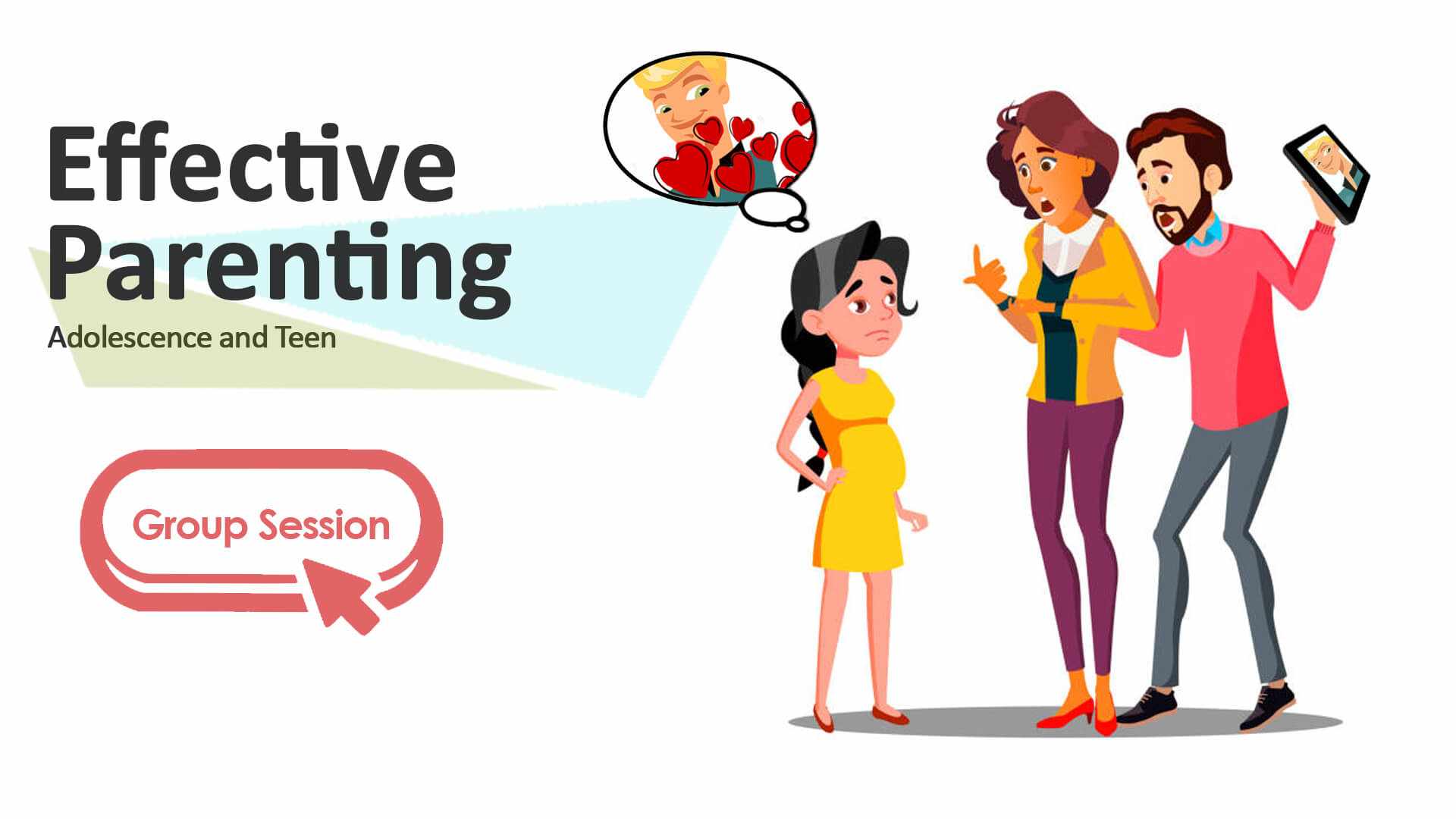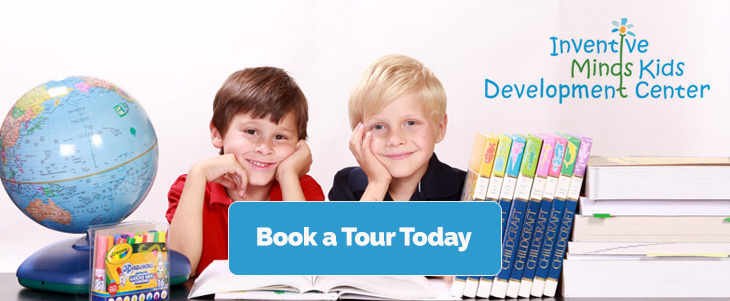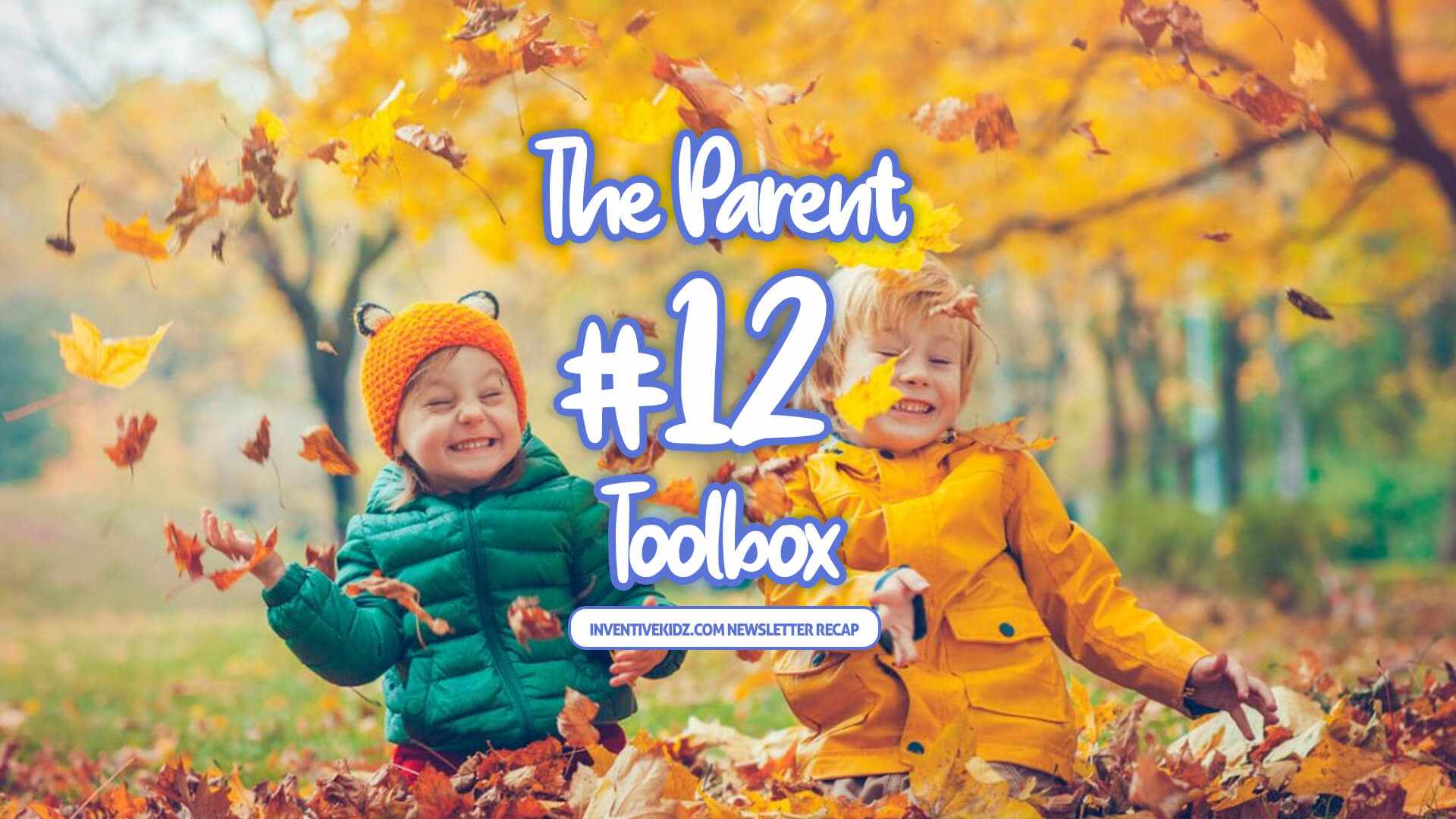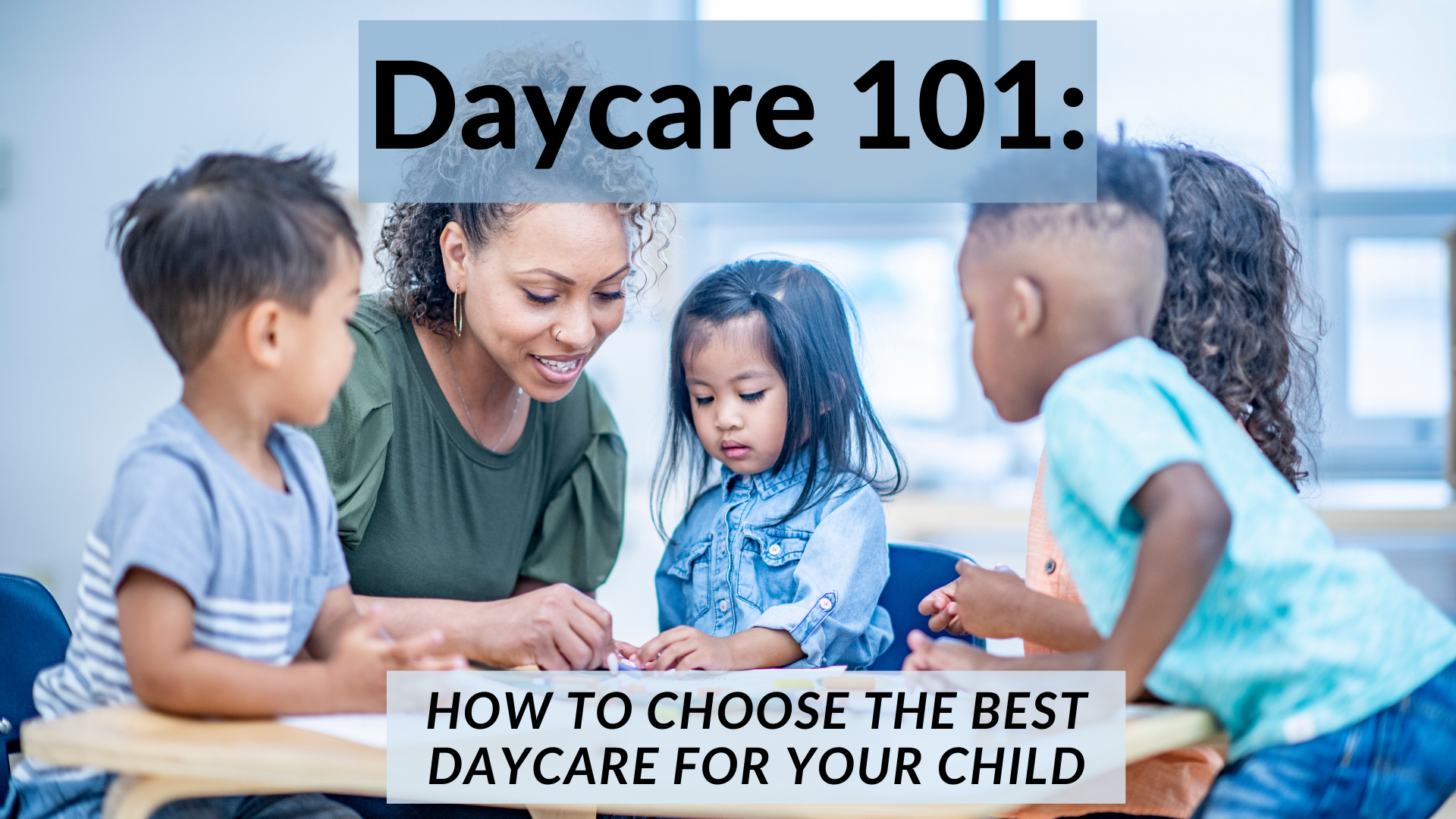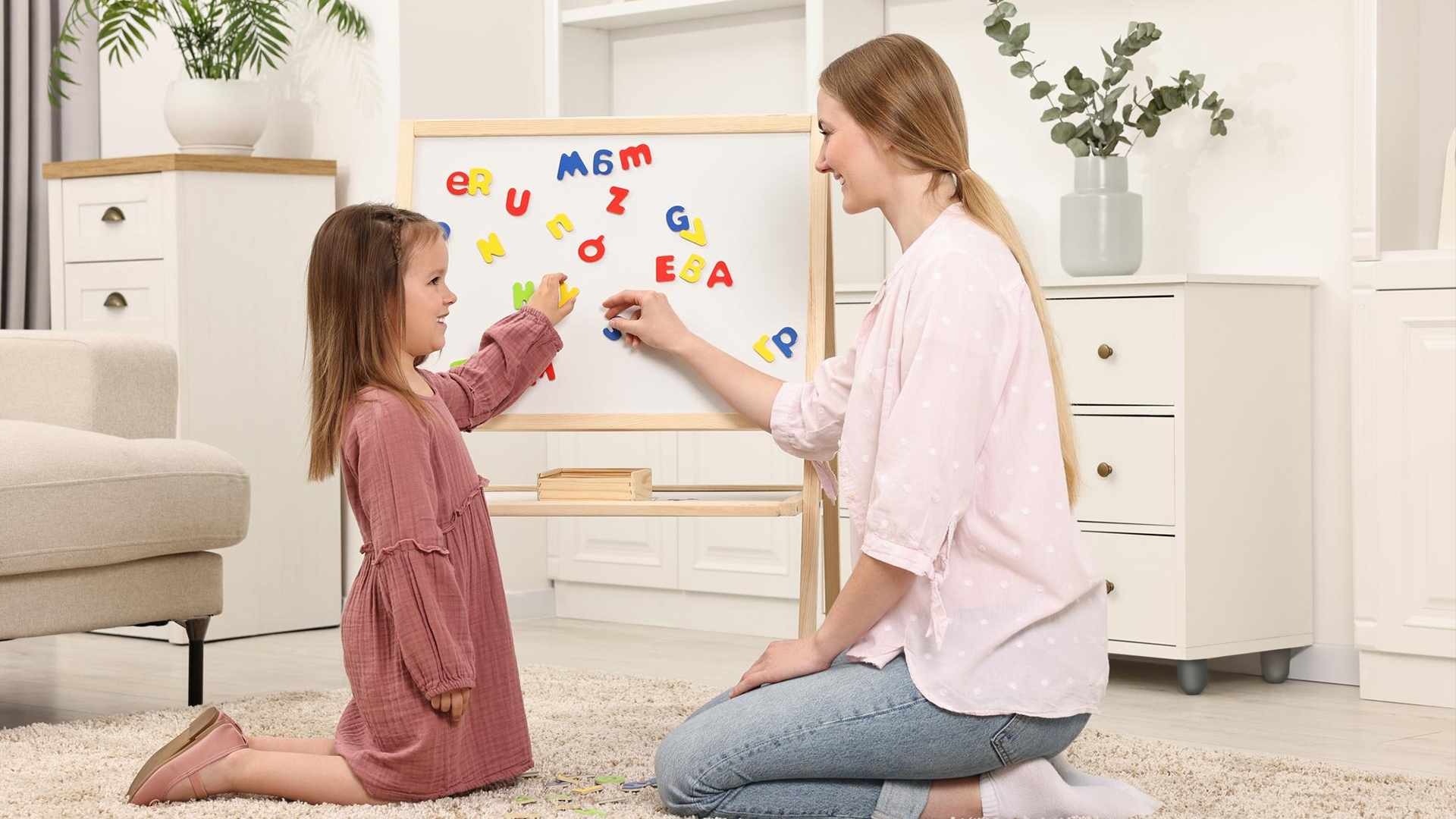Empowering Early Learners: How the IB Primary Years Programme Supports Children with Learning Differences


Empowering Early Learners: How the IB Primary Years Programme Supports Children with Learning Differences
 By Inventive Minds Kidz Academy
By Inventive Minds Kidz Academy
 Added Sun, Nov 16 2025
Added Sun, Nov 16 2025
 By Inventive Minds Kidz Academy
By Inventive Minds Kidz Academy
Added Sun, Nov 16 2025
Hey, Thanks For Subscribing!
Please check for a confirmation message and ensure you add us to a safe email list.
If you don't see a message in the next five minutes, check your spam or junk folders and mark our emails safe for next time.
See you soon!
Duplicate Email Found!
Well this is embarrassing... It looks like is already registered.
We have just sent an email to that address with a link to manage the subscription with us. If you don't see a message in the next five minutes, check the spam or junk folders, it's definitely there.
See you soon!

Why High-Quality Early Education Matters More Than Ever
Early childhood is the foundation of lifelong learning. For children with learning differences—dyslexia, dysgraphia, dyscalculia, or ADHD—the right early education environment can transform challenges into strengths.
The International Baccalaureate Primary Years Programme (IB PYP) is one of the most effective frameworks for supporting diverse learners. Through inquiry-based learning, play, and inclusive teaching strategies, the IB PYP helps children from ages 3–Grade 3 build confidence, curiosity, resilience, and essential foundational skills.

Understanding Common Learning Differences in Early Childhood
Recognizing learning differences early allows families and educators to provide meaningful, individualized support. Here are four of the most common learning differences experienced in early school years:
Dyslexia
A language-based learning difference that affects reading fluency, spelling, decoding, and sound processing. Children may struggle with connecting letters to sounds and reading with accuracy.
Dysgraphia
Impacts handwriting, spelling, and written expression. Fine motor challenges may make writing physically or mentally difficult.
Dyscalculia
A math-specific learning difference that affects understanding of numbers, counting, quantity comparisons, basic calculations, and remembering math facts.
ADHD (Attention Deficit Hyperactivity Disorder)
A neurodevelopmental condition that affects focus, self-regulation, and impulse control. Children may find it challenging to stay seated, complete tasks, or manage transitions.

How the IB PYP Supports Children with Learning Differences
- Inquiry-Based & Student-Centered Learning
The IB PYP encourages young learners to explore through questions, hands-on activities, and real-world connections. This benefits children with learning differences because they can engage through multiple modalities such as visuals, movement, storytelling, and tactile exploration.
Children can also demonstrate understanding in flexible ways—not only through reading and writing—making learning more accessible and enjoyable.
- Play-Based Learning That Strengthens Executive Function
Play is one of the most powerful tools for developing essential skills in early childhood. Through play, children enhance:
- Working memory
- Emotional regulation
- Planning and organization
- Motor development
- Social communication
These skills are especially valuable for learners with ADHD, dyslexia, or processing challenges, helping them thrive academically and socially.
- A Strong Commitment to Inclusion, Access, and Differentiation
The IB PYP requires schools to create inclusive learning environments that meet the needs of diverse learners. This includes:
- Individualized support plans
- Assistive tools such as speech-to-text or visual organizers
- Alternative assessment methods
- Strengths-based teaching strategies
- Close collaboration with families
These practices ensure that every child has the opportunity to succeed.
- Focus on Emotional Wellbeing and Classroom Environment
A nurturing classroom environment plays a crucial role in building confidence. IB PYP teachers integrate:
- Social-emotional learning
- Mindfulness and reflection
- Positive behavior routines
- Safe spaces for calming and regulation
- Peer collaboration opportunities
Children feel seen, supported, and empowered—key components of successful learning.
IB Strategies That Support Each Learning Difference
Supports for Dyslexia
- Multisensory phonics
- Audio support and read-aloud tools
- Visual schedules and story mapping
- Speech-to-text technology
Supports for Dysgraphia
- Typing, voice recordings, or scribing
- Graphic organizers
- Shortened writing tasks
- Fine motor strengthening activities
Supports for Dyscalculia
- Manipulatives and visual models
- Number lines and counting tools
- Real-life math applications
- Step-by-step, chunked instructions
Supports for ADHD
- Movement breaks
- Sensory tools such as fidgets or bands
- Clear routines and visual schedules
- Short, structured activity segments
How Parents Can Evaluate an IB Early Education Program
To find the right IB PYP school for your child, consider asking:
- Does the school follow a clear inclusion and access policy?
- Is there a learning support team or specialist available?
- How are teachers trained to support learning differences?
- What tools or strategies are used to support reading, writing, math, and attention needs?
- How does the school track growth and communicate with families?
These questions help ensure the school provides a strong, supportive foundation.
A Strong Start Creates Lifelong Learners
High-quality early education has a lifelong impact—especially for children with learning differences. The IB PYP blends academic inquiry, social-emotional development, and inclusive practices to ensure every child can grow into a confident, capable, and curious learner.
Your Child’s Learning Journey Begins Here — Choose Inventive Minds
At Inventive Minds Child, Youth and Family Support Center, we believe every child deserves a supportive, joyful, and inclusive learning environment.
Our Private IB Pre/Primary Schools (Ages 3 – Grade 3) bring together the strength of the International Baccalaureate Primary Years Programme with expert early childhood educators who specialize in supporting children with:
- Dyslexia
- Dysgraphia
- Dyscalculia
- ADHD
We provide:
✔ Play-based, inquiry-driven learning
✔ Individualized academic and emotional support
✔ A nurturing, family-centered school culture
✔ Early intervention and specialist services
✔ Evidence-based strategies designed for diverse learners
Give your child the strong start they deserve.
Book a tour or connect with our team today to learn more about the IB Early Years Program at Inventive Minds.
Authored By:
Rose Morsh
RECE, Parenting Practitioner,
Family & Child-Inclusive Mediator,
Collaborative Law Family & Child Expert,
International Parent Coordinator & Family Mediator,
Child Voice Practitioner.
Why High-Quality Early Education Matters More Than Ever
Early childhood is the foundation of lifelong learning. For children with learning differences—dyslexia, dysgraphia, dyscalculia, or ADHD—the right early education environment can transform challenges into strengths.
The International Baccalaureate Primary Years Programme (IB PYP) is one of the most effective frameworks for supporting diverse learners. Through inquiry-based learning, play, and inclusive teaching strategies, the IB PYP helps children from ages 3–Grade 3 build confidence, curiosity, resilience, and essential foundational skills.

Understanding Common Learning Differences in Early Childhood
Recognizing learning differences early allows families and educators to provide meaningful, individualized support. Here are four of the most common learning differences experienced in early school years:
Dyslexia
A language-based learning difference that affects reading fluency, spelling, decoding, and sound processing. Children may struggle with connecting letters to sounds and reading with accuracy.
Dysgraphia
Impacts handwriting, spelling, and written expression. Fine motor challenges may make writing physically or mentally difficult.
Dyscalculia
A math-specific learning difference that affects understanding of numbers, counting, quantity comparisons, basic calculations, and remembering math facts.
ADHD (Attention Deficit Hyperactivity Disorder)
A neurodevelopmental condition that affects focus, self-regulation, and impulse control. Children may find it challenging to stay seated, complete tasks, or manage transitions.

How the IB PYP Supports Children with Learning Differences
- Inquiry-Based & Student-Centered Learning
The IB PYP encourages young learners to explore through questions, hands-on activities, and real-world connections. This benefits children with learning differences because they can engage through multiple modalities such as visuals, movement, storytelling, and tactile exploration.
Children can also demonstrate understanding in flexible ways—not only through reading and writing—making learning more accessible and enjoyable.
- Play-Based Learning That Strengthens Executive Function
Play is one of the most powerful tools for developing essential skills in early childhood. Through play, children enhance:
- Working memory
- Emotional regulation
- Planning and organization
- Motor development
- Social communication
These skills are especially valuable for learners with ADHD, dyslexia, or processing challenges, helping them thrive academically and socially.
- A Strong Commitment to Inclusion, Access, and Differentiation
The IB PYP requires schools to create inclusive learning environments that meet the needs of diverse learners. This includes:
- Individualized support plans
- Assistive tools such as speech-to-text or visual organizers
- Alternative assessment methods
- Strengths-based teaching strategies
- Close collaboration with families
These practices ensure that every child has the opportunity to succeed.
- Focus on Emotional Wellbeing and Classroom Environment
A nurturing classroom environment plays a crucial role in building confidence. IB PYP teachers integrate:
- Social-emotional learning
- Mindfulness and reflection
- Positive behavior routines
- Safe spaces for calming and regulation
- Peer collaboration opportunities
Children feel seen, supported, and empowered—key components of successful learning.
IB Strategies That Support Each Learning Difference
Supports for Dyslexia
- Multisensory phonics
- Audio support and read-aloud tools
- Visual schedules and story mapping
- Speech-to-text technology
Supports for Dysgraphia
- Typing, voice recordings, or scribing
- Graphic organizers
- Shortened writing tasks
- Fine motor strengthening activities
Supports for Dyscalculia
- Manipulatives and visual models
- Number lines and counting tools
- Real-life math applications
- Step-by-step, chunked instructions
Supports for ADHD
- Movement breaks
- Sensory tools such as fidgets or bands
- Clear routines and visual schedules
- Short, structured activity segments
How Parents Can Evaluate an IB Early Education Program
To find the right IB PYP school for your child, consider asking:
- Does the school follow a clear inclusion and access policy?
- Is there a learning support team or specialist available?
- How are teachers trained to support learning differences?
- What tools or strategies are used to support reading, writing, math, and attention needs?
- How does the school track growth and communicate with families?
These questions help ensure the school provides a strong, supportive foundation.
A Strong Start Creates Lifelong Learners
High-quality early education has a lifelong impact—especially for children with learning differences. The IB PYP blends academic inquiry, social-emotional development, and inclusive practices to ensure every child can grow into a confident, capable, and curious learner.
Your Child’s Learning Journey Begins Here — Choose Inventive Minds
At Inventive Minds Child, Youth and Family Support Center, we believe every child deserves a supportive, joyful, and inclusive learning environment.
Our Private IB Pre/Primary Schools (Ages 3 – Grade 3) bring together the strength of the International Baccalaureate Primary Years Programme with expert early childhood educators who specialize in supporting children with:
- Dyslexia
- Dysgraphia
- Dyscalculia
- ADHD
We provide:
✔ Play-based, inquiry-driven learning
✔ Individualized academic and emotional support
✔ A nurturing, family-centered school culture
✔ Early intervention and specialist services
✔ Evidence-based strategies designed for diverse learners
Give your child the strong start they deserve.
Book a tour or connect with our team today to learn more about the IB Early Years Program at Inventive Minds.
Authored By:
Rose Morsh
RECE, Parenting Practitioner,
Family & Child-Inclusive Mediator,
Collaborative Law Family & Child Expert,
International Parent Coordinator & Family Mediator,
Child Voice Practitioner.
Most Talked About Posts
You May Also Like
Staff Picks
Now Trending
Our Newsletter
Duplicate Email Found!
Well this is embarrassing... It looks like is already registered.
We have just sent an email to that address with a link to manage the subscription with us. If you don't see a message in the next five minutes, check the spam or junk folders, it's definitely there.
See you soon!
Join Our Newsletter
Hey, Thanks For Subscribing!
Please check for a confirmation message and ensure you add us to a safe email list.
If you don't see a message in the next five minutes, check your spam or junk folders and mark our emails safe for next time.
See you soon!
Duplicate Email Found!
Well this is embarrassing... It looks like is already registered.
We have just sent an email to that address with a link to manage the subscription with us. If you don't see a message in the next five minutes, check the spam or junk folders, it's definitely there.
See you soon!
